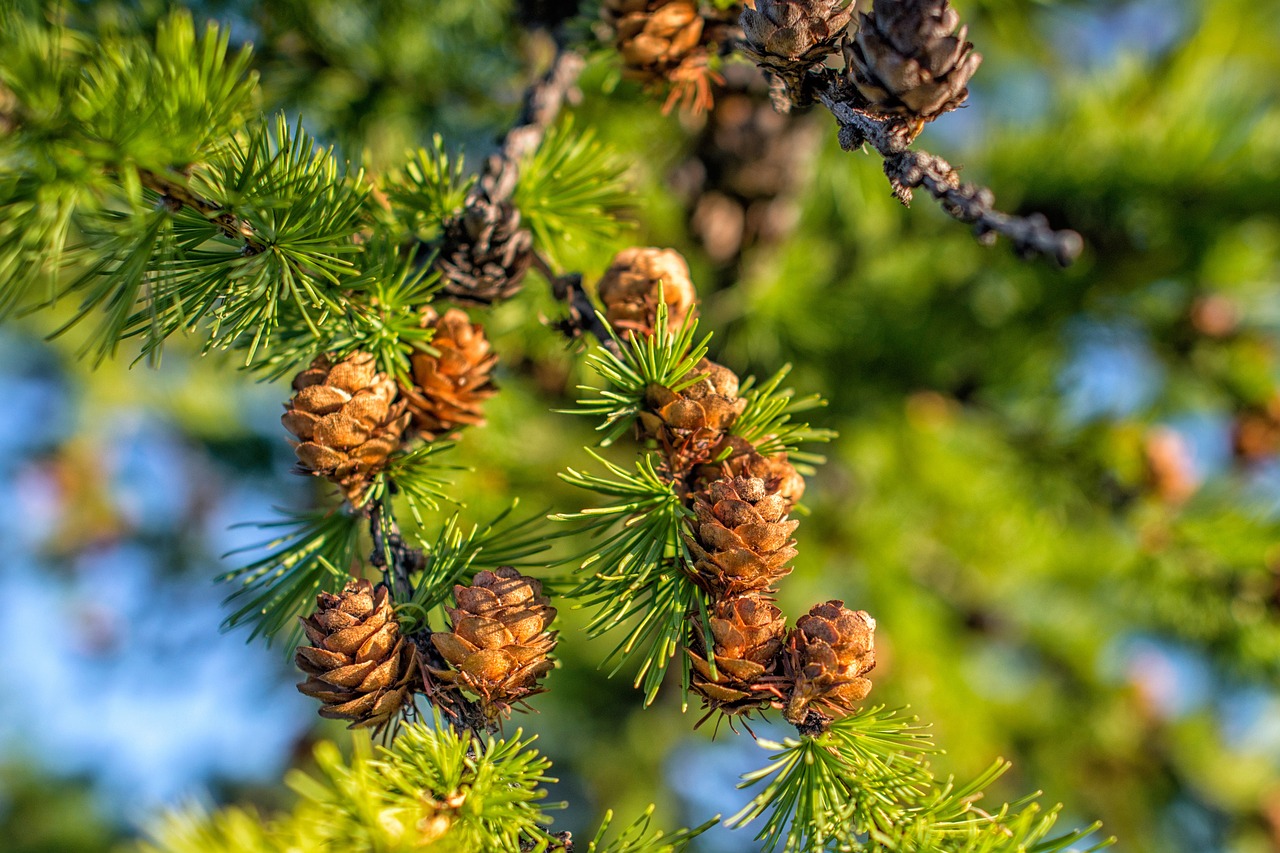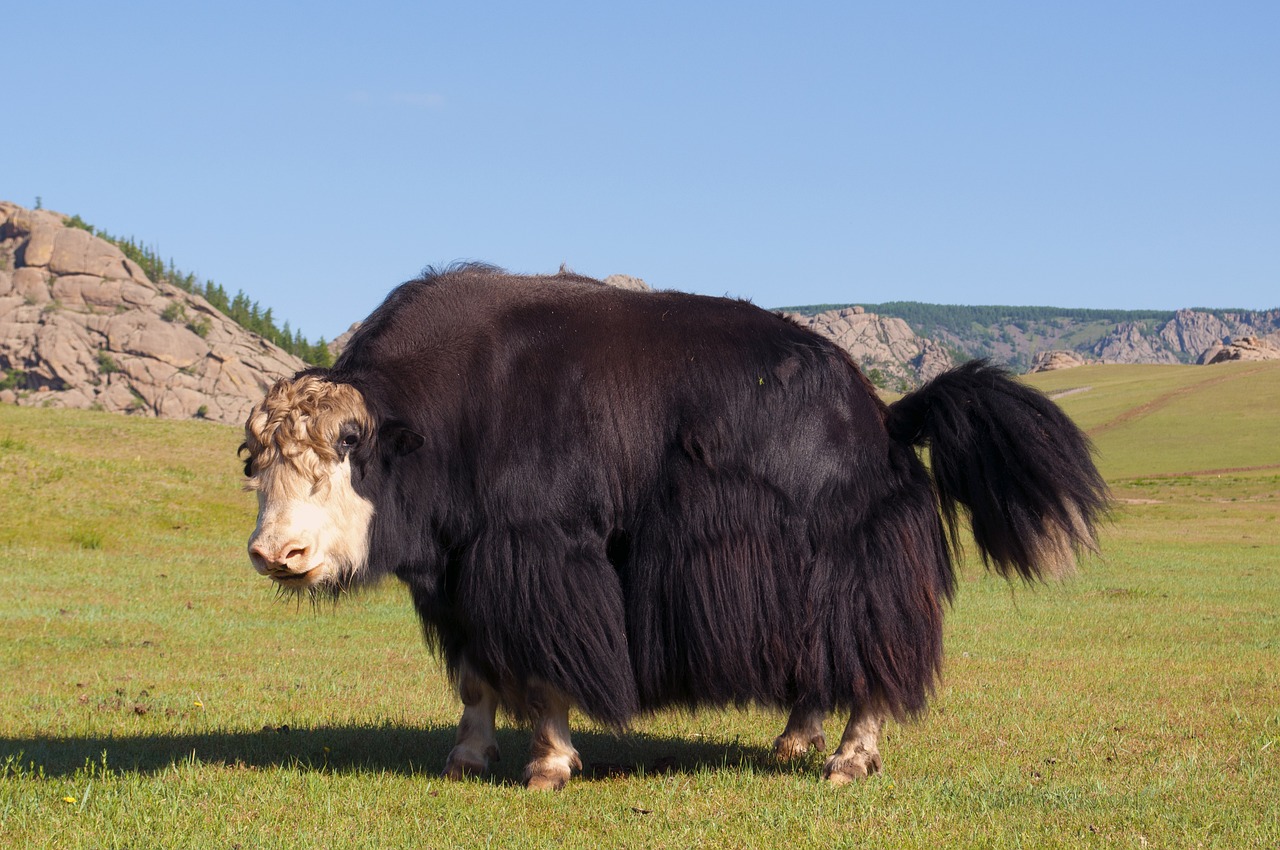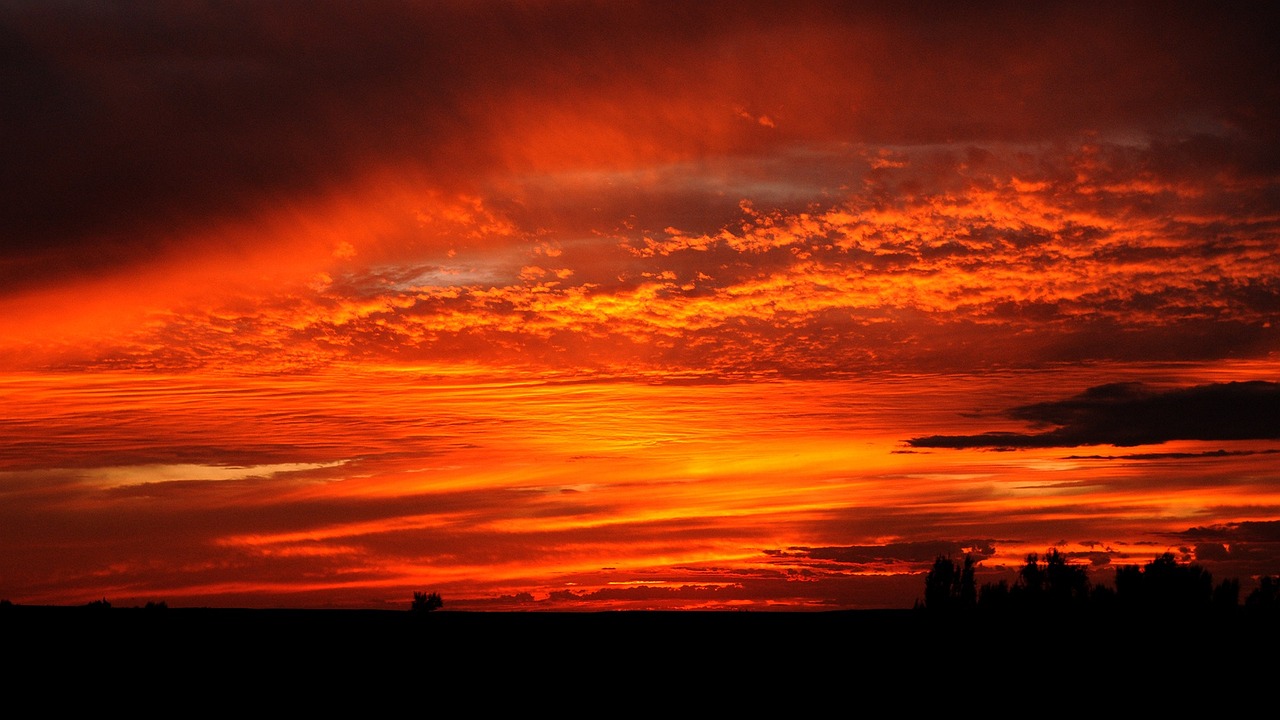Mongolia Video
Overcoming Loneliness: Social Groups and Communities in Mongolia
Loneliness is a common human experience that can have negative effects on mental and physical health. In Mongolia, a country known for its vast landscapes and nomadic traditions, social groups and communities play a crucial role in overcoming loneliness. This article explores the various social groups and communities in Mongolia that provide support, companionship, and a sense of belonging to individuals who may be experiencing loneliness.
Mongolia Image 1:

Section 1: Nomadic Communities
Nomadic communities form the backbone of Mongolia’s social fabric. These communities are made up of families or extended families who lead a semi-nomadic lifestyle, moving with their livestock in search of pasture. The close-knit nature of these communities provides a strong sense of belonging and support.
- Shared Responsibilities: In nomadic communities, everyone has a role to play. Each member contributes to the overall well-being of the community by taking on responsibilities such as herding, cooking, and childcare.
- Celebrations and Festivals: Nomadic communities in Mongolia have a rich tradition of celebrating important events and festivals. These celebrations bring the community together and provide opportunities for socializing and strengthening bonds.
- Support Networks: Nomadic communities provide a strong support network for individuals facing challenges or experiencing loneliness. Community members offer emotional support, practical assistance, and a listening ear.
Living in a nomadic community means sharing responsibilities. Members work together to ensure the smooth running of their daily lives. This sense of shared responsibility fosters a strong bond among community members.
From traditional ceremonies to annual festivals, nomadic communities in Mongolia have a vibrant calendar of celebrations. These events serve as occasions for community members to come together, share meals, exchange stories, and participate in traditional activities.
In times of need, individuals within nomadic communities can rely on the support of their neighbors and extended family members. This support network helps individuals overcome loneliness and navigate difficult situations.
Section 2: Ger Districts
Ger districts, also known as yurt districts, are informal settlements on the outskirts of Mongolia’s cities. These districts are home to a large number of urban migrants who have moved from rural areas in search of better opportunities. Despite the challenging living conditions, ger districts have vibrant social communities.
- Shared Resources: In ger districts, individuals often share resources such as water, electricity, and communal spaces. This sharing fosters a sense of community and encourages social interactions.
- Community Organizations: Ger districts have community organizations and centers that provide support and services to residents. These organizations organize events, workshops, and activities to bring the community together.
- Neighborhood Support: In ger districts, neighbors often form tight-knit relationships and provide support to each other. From lending a helping hand with household chores to offering emotional support, neighbors become an important source of companionship.
In the ger districts, community members rely on each other for access to basic resources. This interdependence creates opportunities for social connections and fosters a strong sense of community.
Community organizations play a vital role in ger districts by organizing events and activities that promote social interaction and provide support to residents. They offer a range of services, including healthcare, education, and vocational training.
Living in close proximity, neighbors in ger districts develop strong bonds and provide support to each other. This sense of community helps combat loneliness and creates a supportive environment.
Mongolia Image 2:

Section 3: Youth Organizations
Youth organizations in Mongolia play a significant role in fostering social connections among young people. These organizations provide a platform for youth to engage in various activities and initiatives, helping them build friendships and combat loneliness.
- Volunteering Opportunities: Youth organizations in Mongolia offer volunteering opportunities that allow young people to contribute to their communities while forming connections with like-minded individuals.
- Social Events and Workshops: Youth organizations organize social events, workshops, and seminars that focus on personal development, cultural exchange, and skill-building. These events provide young people with opportunities to connect with peers who share similar interests.
- Mentorship Programs: Some youth organizations in Mongolia offer mentorship programs that pair young individuals with experienced mentors. These programs provide guidance, support, and a valuable connection for young people.
Through volunteering, young people in Mongolia can actively participate in community projects, which not only benefits the community but also provides an avenue for socializing and making new friends.
By participating in social events and workshops, young people in Mongolia can meet others who share their passions and interests. This helps foster friendships and a sense of belonging.
Mentorship programs create opportunities for young people to connect with mentors who can offer guidance and support. These relationships can help combat loneliness and provide a sense of direction.
Section 4: Elderly Support Groups
Elderly support groups play a crucial role in addressing loneliness and providing companionship to older individuals in Mongolia. These groups offer a range of activities and services tailored to the needs of seniors.
- Social Activities: Elderly support groups organize social activities such as group outings, game nights, and cultural events. These activities provide opportunities for seniors to socialize and form connections.
- Health and Wellness Programs: Elderly support groups often offer health and wellness programs specifically designed for seniors. These programs include exercise classes, health screenings, and educational workshops.
- Supportive Environment: Elderly support groups provide a supportive environment where seniors can share their experiences, receive emotional support, and find understanding from others who may be facing similar challenges.
By participating in social activities, older individuals can engage with their peers and build meaningful relationships. These interactions help combat loneliness and promote overall well-being.
Health and wellness programs not only promote physical well-being but also provide opportunities for seniors to connect with others who share similar health concerns. This creates a supportive community environment.
Being part of an elderly support group allows individuals to connect with others who understand their experiences and can provide empathy and support. This sense of belonging helps combat loneliness and isolation.
Mongolia Image 3:

Section 5: Cultural and Artistic Communities
Mongolia has a rich cultural heritage, and cultural and artistic communities provide a platform for individuals to express themselves creatively and connect with others who share their passion.
- Traditional Arts and Crafts: Cultural and artistic communities in Mongolia celebrate traditional arts and crafts, such as throat singing, traditional music, and traditional dance. These communities provide opportunities for individuals to learn and practice these art forms together.
- Art Galleries and Exhibitions: Mongolia has a thriving contemporary art scene, with art galleries and exhibitions showcasing the works of local artists. These spaces provide opportunities for art enthusiasts to connect and appreciate art together.
- Performing Arts Groups: Mongolia has a vibrant performing arts scene, with theater groups, dance troupes, and musical ensembles. These groups provide opportunities for individuals to showcase their talents and connect with others who share a passion for performing arts.
Participating in traditional arts and crafts allows individuals to connect with their cultural heritage and form connections with others who share a similar interest. These communities foster a sense of belonging and camaraderie.
Art galleries and exhibitions serve as gathering places for art lovers to appreciate and discuss artwork. These spaces offer opportunities for socializing and forming connections with fellow art enthusiasts.
Joining a performing arts group allows individuals to express themselves creatively and connect with like-minded individuals. These communities provide a supportive and collaborative environment.
Conclusion
Loneliness can be a challenging experience, but in Mongolia, social groups and communities offer avenues for individuals to overcome this feeling. From nomadic communities to ger districts, youth organizations to elderly support groups, and cultural and artistic communities, Mongolia provides a range of opportunities for individuals to connect, find support, and combat loneliness. By fostering a sense of belonging and providing companionship, these social groups and communities play a vital role in improving the well-being of individuals in Mongolia.
References
– nomadlist.com
– gerdistrictproject.org
– youthforchange.org
– elderlysupportmongolia.org
– mongolianartscene.com


